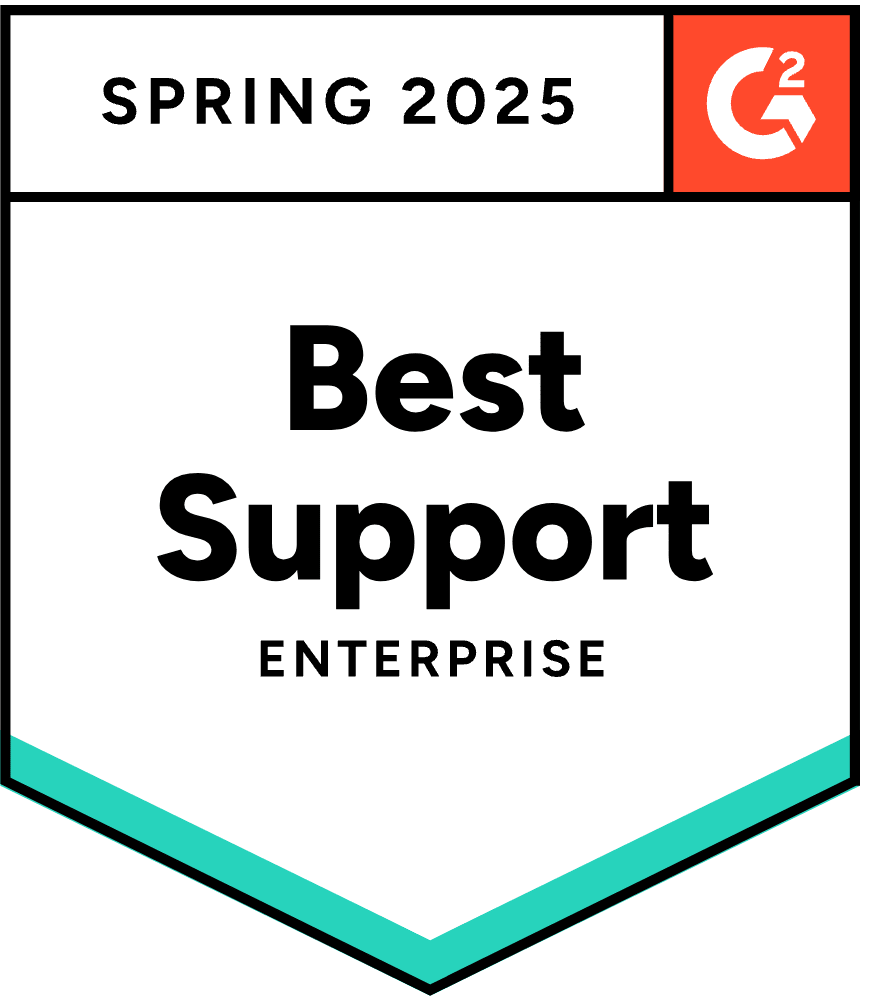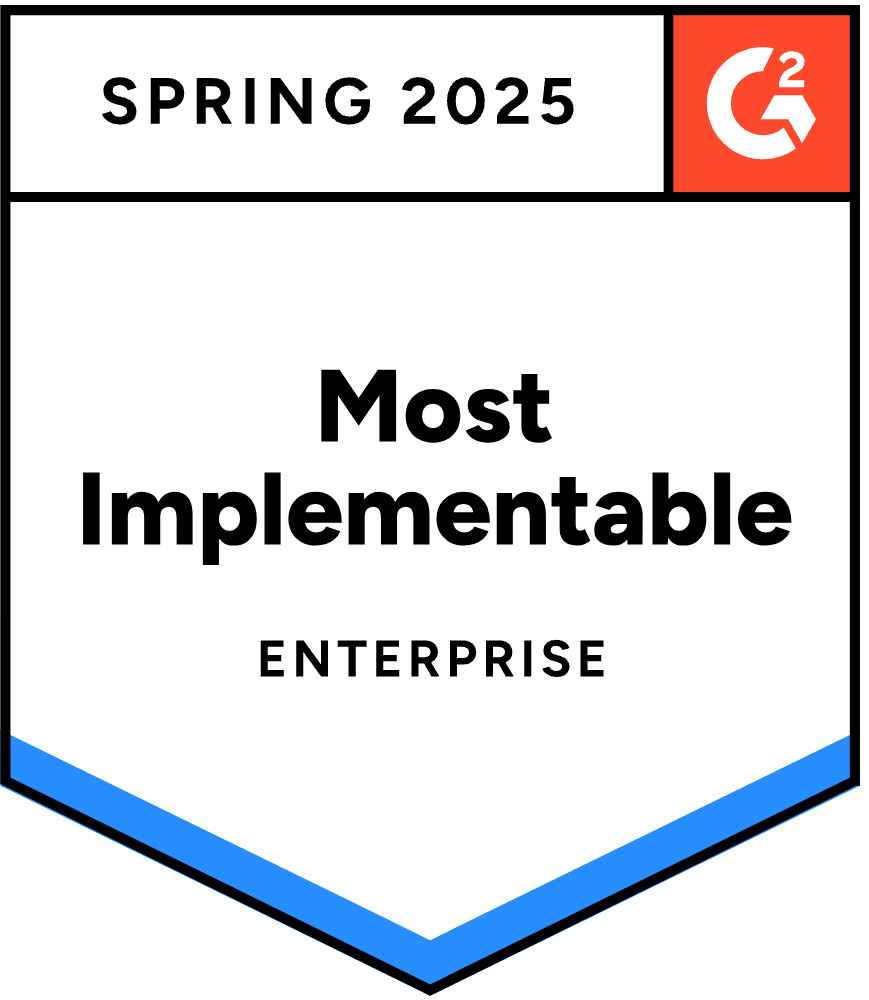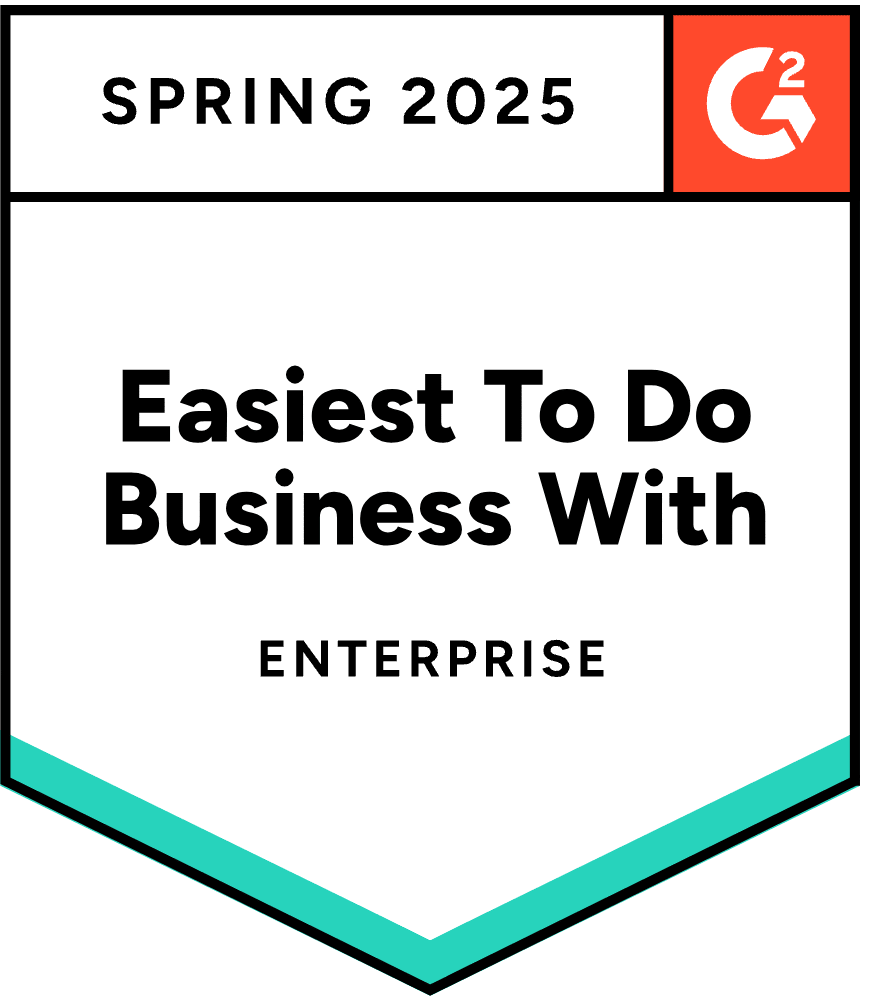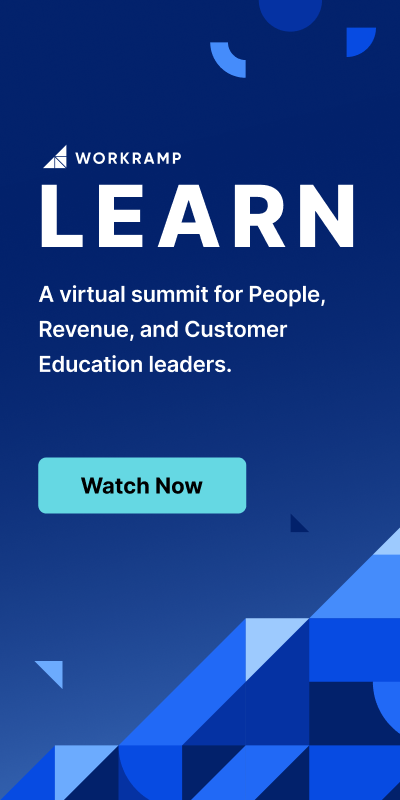You might also like
Try these strategies to improve employee engagement and performance
Companies with strong cultures see greater employee engagement and increased productivity. Learn to create a culture that promotes growth, helps you retain top talent, and drives results.
Organizations have a responsibility to address employee well-being in the workplace
Employee well-being is a holistic view of your team members’ mental, physical, social, and financial health. Each of these areas is interconnected and essential for your team members to be the best version of themselves.
Leveraging L&D to set your team up for success
Use these L&D strategies to future-proof your organization and retain skilled team members.
Ready to Explore Online Learning Platforms?
Get in touch to learn how WorkRamp can help you achieve your training goals.
Request a Demo




